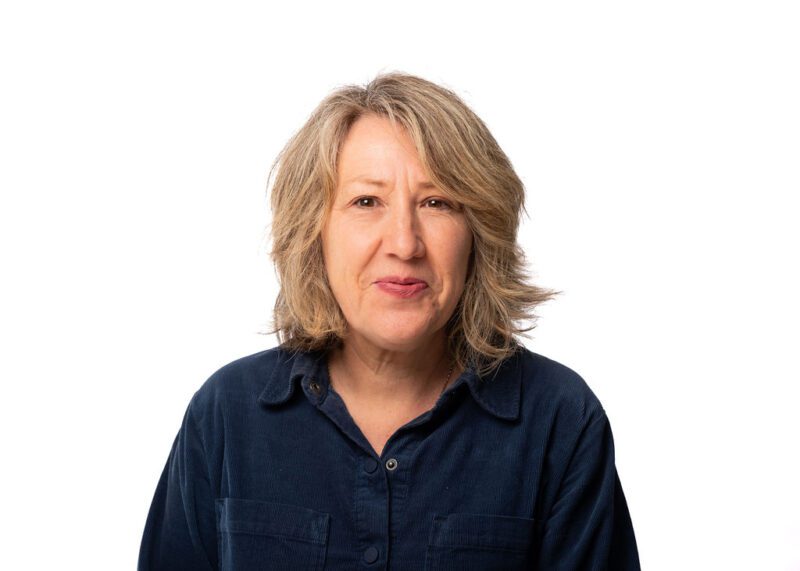-
Professor Max HendersonUniversity of Leeds
-
Dr Sarah KingsburyUniversity of Leeds
-
Dr Adam MartinUniversity of Leeds
-
Dr Kate BestUniversity of Leeds
-
Professor Kahryn HughesUniversity of Leeds
-
Sharanjit BoughanUniversity of Leeds
Project overview
This project will investigate the intersection of musculoskeletal (MSK) and mental health conditions in economically inactive working-age individuals.
Why this project is important
Working-age people who don’t have a job and aren’t looking for one are considered economically inactive. The number of economically inactive individuals has increased by 900,000 since the pandemic, totalling 9.34 million, with a third due to long-term sickness. MSK and mental health conditions account for over half of health-related economic inactivity. The co-occurrence of these conditions is under-researched, impacting intervention and policy development.
What it will involve
The research team will address this gap by analysing how MSK conditions combined with mental health issues lead to economic inactivity, particularly in deprived areas. The project will be completed in four stages:
- Analysing UK Household Longitudinal Survey data to explore the prevalence of and probabilities of transitioning between arthritis, depression, and other comorbidities, and economic inactivity; changes over time between economic inactivity and employment; and which groups (considering intersections of age, gender, ethnicity, deprivation etc) are at risk of economic inactivity and falling into poverty.
- Using life history interviews to explore risk factors and experiences of economic inactivity. A subgroup of participants will be reinterviewed 6-months later to understand the dynamics of everyday life, including health care and workplace policies.
- Conducting discrete choice experiments with two samples of employers. The first group will be asked what they are willing to do to help people back to work; the second group the trade-offs they would make between costs and benefits.
- Hosting workshops with stakeholders – individuals with MSK and mental health conditions, providers of health services, employers and trade union representatives, think tanks, and policymakers – to co-develop evidence-based guidance.
How it will make a difference
Findings will be shared in a range of accessible formats to meet the diverse needs of patients and carers. Bespoke reports will be produced for employers, occupational health, and policymakers.



























